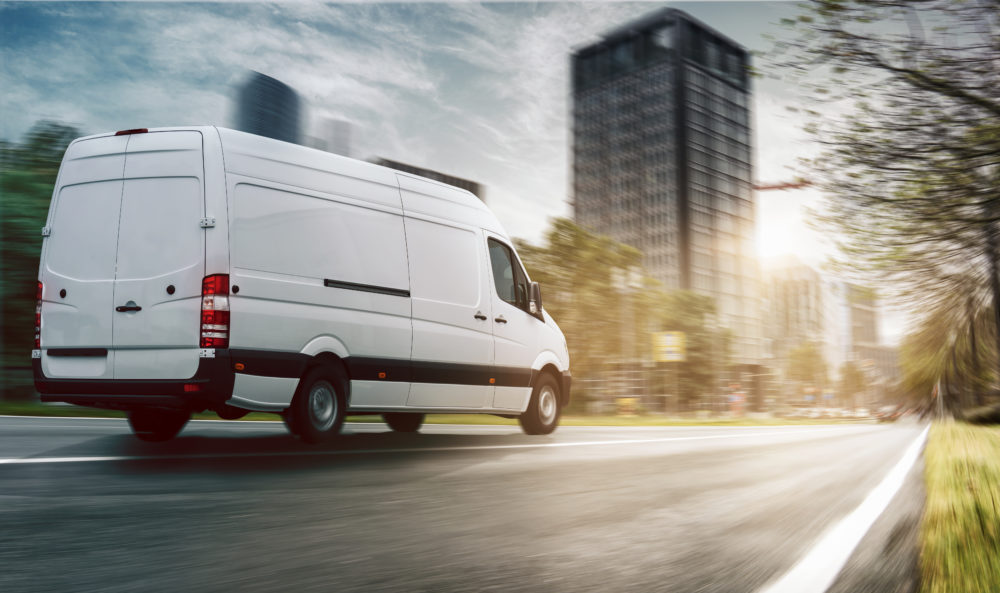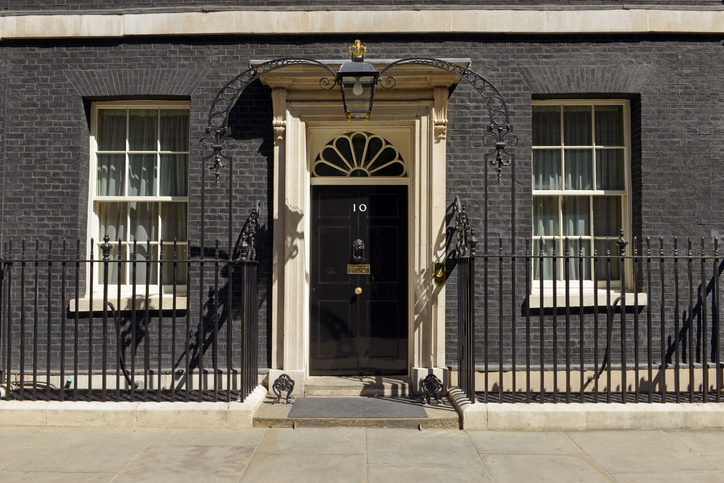So many questions pop up when you’re thinking about financing a van for your small business.
Should you buy or lease? What about insurance? What extras will you need to add to the vehicle? To help you untangle the mess, we’ll run through the key considerations.
Decide whether buying or leasing is better for you
Buying a commercial van is as it sounds – purchasing a vehicle outright. It will be a steep one-off investment, but you won’t have to continue paying for the van(s).
Bought vans are easier to sell if you want to get rid of them whereas being on a lease will trap you in a contract for some time. Just bear in mind that new vans will start depreciating as soon as you drive them away from your dealer.
With leasing, contracts typically last three or four years. There are two different leasing options – hire purchase and finance lease. We’ve got a couple of quick definitions below:
Hire purchase – You put down an initial deposit and pay for the van in monthly instalments with the option of purchasing it at the end of the contract for a small fee.
Finance lease – The dealer is still the owner for the life of the lease, but you have options over how you pay for it. You can either pay the entire cost of the vehicle (including interest) over an agreed period or you can pay lower monthly rentals with a final payment based on the estimated resale of the van at the end, known as the ‘balloon payment’.
With leasing you need to pay a deposit every time you upgrade but you do get a new and more efficient vehicle each time you do. You needn’t worry about depreciation or getting rid of your old van.
In short, buying is your best option if you really want your van for the long term or if you need limitless mileage. Leasing is more desirable if you want a cheaper option and are happy if you’re not owning or making significant changes to your vehicle.
Consider what you’re using the van for
Short of writing it off, those buying a van don’t need to inform anyone of its intended use other than their insurer. Those who are leasing will need to be more upfront though. Could it be damaged? If you’re going to work on a construction site there’s a greater risk of it being dented or bashed – or have a plank fall on it from a height. Peruse the small print to see what is covered in terms of damage repair and at what extra costs.
Look to the future and assess your needs as your company grows too. You might need more mileage or vehicle capabilities in a few years’ time.
Tom Preston, managing director of Hippo Leasing, adds some insight about image:
“Is it important for your small bsuiness to be seen in a new model? If so, some finance options allow you to trade your van in for a newer model every few years at a more affordable cost than buying and selling.”
Know what extras you need
Next, think about how you want to customise your van(s). Typical modifications include racks, decals, dashcams and other interior adjustments.
Preston says that if alterations are small and reversible, that’s fine. Anything else may invalidate your leasing agreement. It would be a better idea if you’re planning to buy the van at the end of its lease.
“For smaller fleets there are lots of ready-to-work options available – so many small businesses can find a tailored van for their exact business needs,” he said.
Comb through lease contract limits
You’ll probably face annual mileage restrictions and limitations on taking your van abroad with a lease agreement. When you’re trudging through those terms and conditions, remember to check for breakdown cover and manufacturer’s warranty inclusions.
Before you sign anything, consider if you want to commit to a contract for three to four years. You might be charged a penalty for ending your agreement early.
Consider how much the vehicle costs to tax and insure. Leasing deals may include insurance (either the length of the contract or for 12 months). If you buy a van outright, you’re on your own.
Shop around
Major firms have special business centres for van fleet buyers. Visit different vendors if you can as it’ll give you more of a flavour of what’s on the market.
“If you need multiple vans, search for companies that specialise in business fleet leasing as they’ll be likely to provide a convenient solution and the most cost-effective contract for leasing more than one van,” says Preston.
“Different vendors will provide a range of van options, so look for one that fits your business. Some providers will stock the latest vans and others will have larger vans ideal for transporting goods or even specialised ranges designed for your trade, like electrician ranges.
“If you’re a company that’s buying hundreds of vans a year, it may be worth going direct to the manufacturer to get extra support and have the vehicles made to your specific requirements.”
Try trade in or part exchange
Some may let you part exchange as a deposit for your new van. Do it through a broker or dealership or through a specialist car buying website.
Reclaim VAT
According to the government website, you can reclaim the VAT for commercial vehicles (lorries and tractors as well as vans) if you only use it for business. When buying, make sure the vehicle is classed as a van for tax purposes.
What’s more, the benefit in kind charge for company vans recently risen to £3,430 for the new tax year.
As for the running of the vehicle, you can reclaim VAT for all business-related running and maintenance costs like repairs or one-off street parking as well as any accessories you’ve fitted for business use.
Remember road tax:
“Most vans – or ‘light commercial vehicles’ – weighing up to 3,500kg are subject to yearly road tax costs of £250, however this varies by its CO2 emissions, with the higher-emission vehicles costing more,” says Preston.
“Older vans, built before March 2001 will be subject to different road tax, costing £155 a year for engine sizes below 1,549cc and £255 a year for those with engine sizes above the threshold. So, consider these costs before choosing the right vehicle for your business.
“However, if your company van is used solely for business trips, is made available for use by multiple employees and is kept on site rather than at an employee’s home, it won’t be subject to tax.”





